I thought it might be fun to think of common expressions, aphorisms, idioms and colloquialisms and research their history and/or original meaning. For instance, we know what "come hell or high water" or "it ain't over till the fat lady sings" means in context, but where did these phrases originate and what were the circumstances surrounding their creation. Personally I find this to be a very interesting study. If you think of other expressions for which you would like to know their history, shoot me a comment and I will research it and post a follow-up entry.
"By Jove" - Though you might read this expression in a Jane Austin or Charles Dickens book, it is still commonly used in England, typically in a shortened version (By Joe). "Jove" likewise is a shortened way of saying "Jupiter," as in the god Jupiter- who was the king of the gods in Roman mythology (Zeus is his Greek counterpart). The expression is used to denote surprise, much like "my goodness!" might be used in the US. The phrase first appeared in the 1500's and was made popular by Shakespeare and his contemporaries in the 17th century.
"It ain't over till the fat lady sings" - Apparently this is a contemporary phrase, first used in 1976 ("the Opera ain't over till the fat lady sings") by a sports journalist to say that it [sports event] is not over until it is over. The phrase paints the picture of a crowd at the opera anxious for the final number (the fat lady always sings at the end) so that they can go home. I was surprised that this phrase didn't date back much farther than only 35 years.
"A stitch in time saves nine" - This aphorism was first recorded in an early 18th century book of proverbs by Thomas Fuller, although it could have been used orally for some time prior. The use of this phrase has mostly dropped off in the United States, except by older folks who would have made their own clothing. If you get a hole in your dress and care for it immediately, one stitch might repair it. But if the hole is not tended to, it might get worse, causing you much more work (nine stitches instead of one). So in other words, don't put a task off that needs to be completed because the problem will only worsen....good advice. I might have to start using this aphorism.
"Kick the Bucket" - We know this to mean "to die," but how exactly did this idiom come to mean that? The Oxford English Dictionary gives these two possible explanations, although no one is certain about it's origin: 1) A person standing on a pail or bucket with their head in a slip noose would kick the bucket so as to commit suicide. 2) The archaic use of "bucket" was a beam from which a pig was hung by its feet prior to being slaughtered. To kick the bucket, then, originally signified the pig's death throes.
"A piece of cake"- In the late 1800’s cakes were awarded to competition winners in rural areas of the United States. For instance, a social custom among slaves was to walk in pairs around a cake. The most “graceful” pair would win the cake. It is speculated that in addition to "a piece of cake", the term “cake walk” also originated from these events. However, the expression and custom of giving sweets out to competition winners may have passed over the ocean with settlers from England or beyond. An English expression, "take the biscuit" apparently originated several hundred years earlier.
"To the bitter end"- surprisingly does not mean coming to a "bitter" end, as in sour, unsavory, foul tasting. The "bitter end" is a maritime expression to mean that the rope was extended all the way, there was no more slack. For instance, an anchor would be attached onto one end of a rope. The other end would have been secured to the "bitts," which were the posts on a ship. When all the rope had been let out, and the anchor was as far out as possible, the rope was at the bitter end. "I'm at the end of my rope" could possibly be a second expression that comes from this same maritime principle.
"By and large"- Today, this means "generally" or "one way or another." This is actually another maritime expression, meaning to sail in and out of the wind. "By" meant into the wind and "large" was to sail at a right angle to the wind. Sailing by and large, a captain would allow the wind to use one sail or another to get where they were going...or in my understand, just sort of let the wind take them.
"Come hell or high water" - This idiomatic phrase, meaning "no matter what," was most likely coined by cattle ranchers in the late 19th or early 20th century. The "hell" and the "high water" refer to the rough terrain and dangerous river crossings through which ranchers would drive their cattle to get to the railheads in the mid west.
"By the skin of my teeth"- Many metaphors that we use today come from the Bible. This phrase is no exception. It is actually taken from Job 19:20 when Job is responding to his neighbor's patronizing comments that he [Job] must be an evil man since such horror has taken hold of him. In Job's response to this attack, he pleads with his friends to have pity on him because "Everything has been taken from me except my teeth and gums." It's meaning today, "it was a narrow escape" is a similar meaning to what Job meant to convey, although there is much more loss and despair in the words of Job than what we impose on this metaphor today.
"A little bird told me" - Another phrase taken from the Bible, "a little bird told me" is a reference to Solomon's poetic wisdom in Ecclesiastes 10:20 that says, "Do not revile the king even in your thoughts, or curse the rich in your bedroom, because a bird of the air may carry your words, and a bird on the wing may report what you say."
Subscribe to:
Post Comments (Atom)
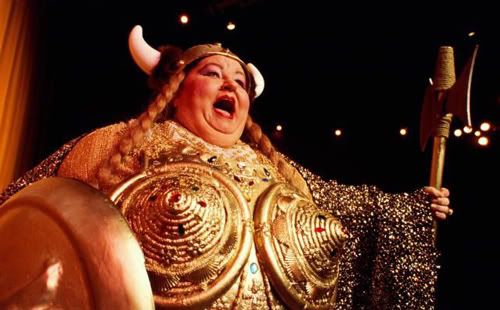
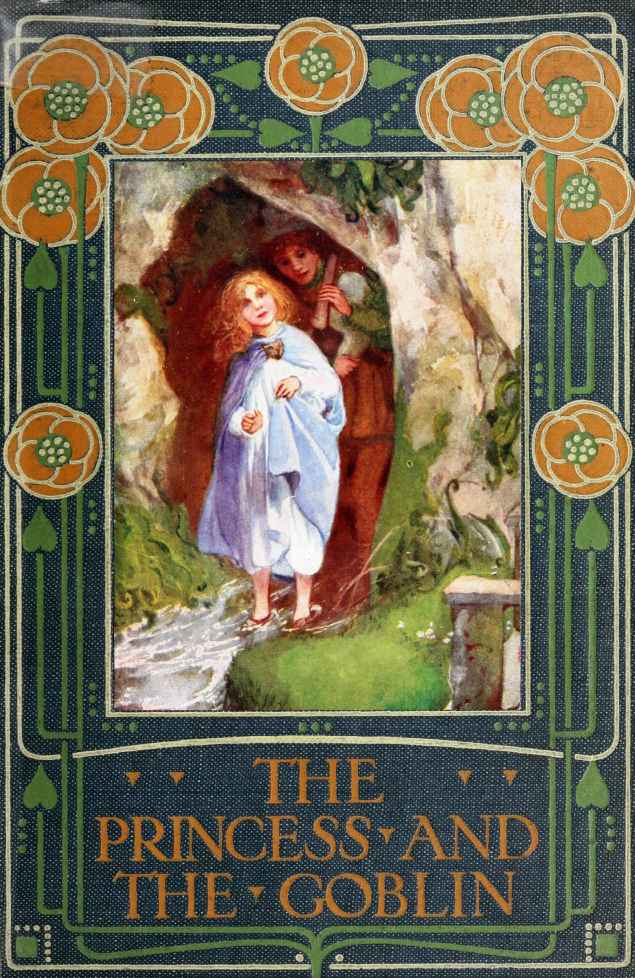
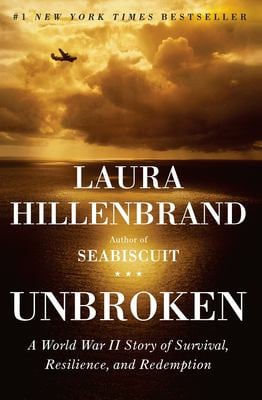


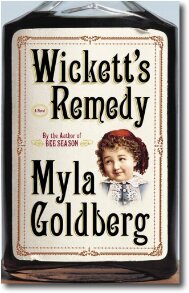
.gif)







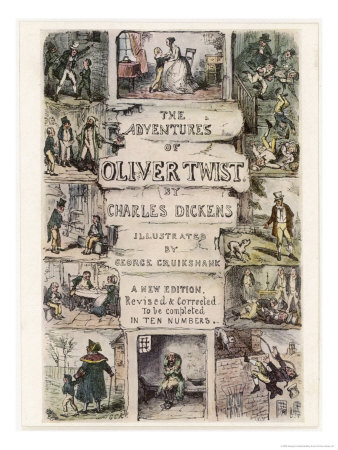













1 comments:
very interesting...
Post a Comment